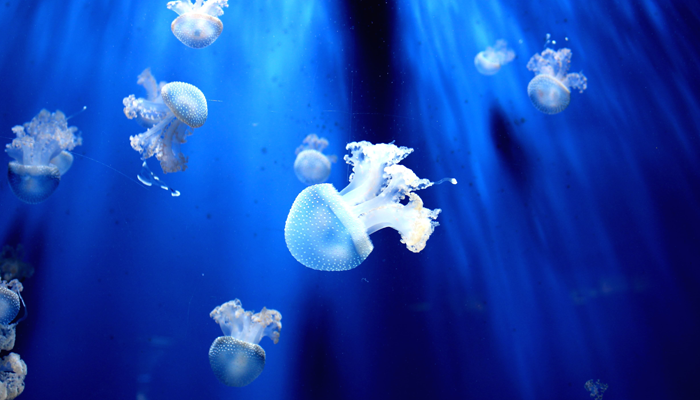IMDEA Networks

Anchorless Underwater Acoustic Localization using a Single Receiving Element

Elizaveta Dubrovinskaya, PhD Student, IMDEA Networks & Universidad Carlos III de Madrid, Spain
In-house Presentation
We consider the problem of estimating the trajectory of a submerged source emitting acoustic signals by employing a single passive receiver, without any anchor nodes and without a receiving array. This approach is of interest for marine mammal or underwater vehicle localization and tracking over large areas, where multilateration approaches would require the deployment of many receivers and imply exceedingly high costs. We propose to exploit the knowledge of environmental parameters in order to estimate the location of the acoustic source. In particular, we take advantage of the spatial dependency of channel impulse responses that arises from the diversity of the bathymetry of the area around the receiver. We capture this difference by comparing channel estimates against a database of channel responses, precomputed through an acoustic propagation model. This yields a set of multiple likely source locations, which is then filtered via a path tracking method with similarities to the Viterbi algorithm, in order to estimate the trajectory of the source. We present results both from simulations and from a sea experiment, and show that our method can estimate node locations and paths with a small error, especially considering the use of a single receiver.
About Elizaveta Dubrovinskaya
Elizaveta Dubrovinskaya earned her Diploma degree in Electrotechnical Engineering from Emperor Alexander I St. Petersburg State Transport University (Russia) in 2008, and M.Sc. in Digital Communications from Christian-Albrechts-Universitaet zu Kiel (Germany) in 2012. She is now obtaining her Ph.D. degree at IMDEA Networks Institute and the University Carlos III of Madrid (Spain). Her interest in underwater localization stems from her work as a research assistant at CAU Kiel, where she was taking part in PITAS project, focused on the detection and localization of small underwater objects. Later, she continued with theoretical and practical work in various underwater localization applications during her master thesis and PhD Thesis as well as during an internship at University of Haifa (Israel). In 2016, she was also on internship at Florida Atlantic University (USA), where she worked on digital signal processing for underwater LiDAR marine life imaging.
This event will be conducted in English

